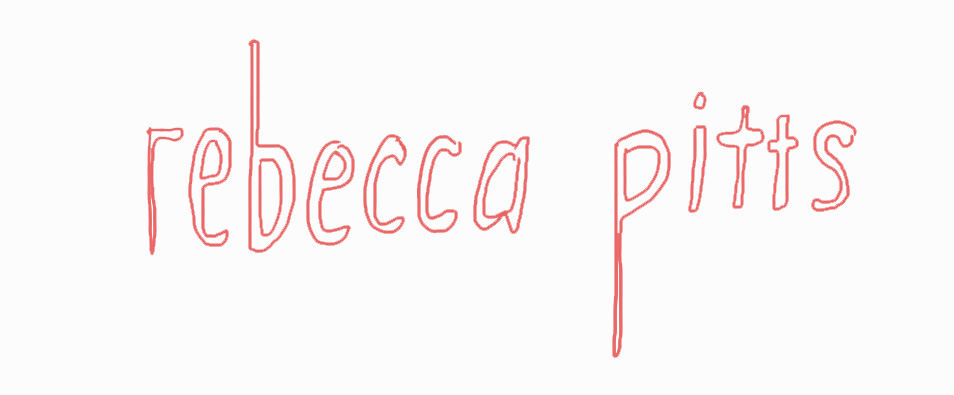Lately I have been trying to read as many books for young readers as I can, looking at things like pace, word choice, and sentence structure and all of the seen and unseen bits of writing that come together as an author’s voice.
When I picked up Born A Crime, I completely forgot to pay attention to that stuff and instead became absorbed with Trevor Noah’s astonishing, heartbreaking, and hopeful story of a young boy who was literally born a crime as child born to a black mother and white father in South Africa during apartheid.
A mixed-race child who spoke multiple languages, Noah fit nowhere and yet everywhere at once. He credited the beginning of his entertainment career to an illegal digital piracy enterprise and to the white teenager who got him started by giving him the necessary equipment:
“… you need someone from the privileged world to come to you and say, ‘Okay, here’s what you need, and here’s how it works.’
Noah weaves South African history into his life experiences while acknowledging his own lack of understanding as a young person on how his life was shaped by apartheid. Even after Nelson Mandela was freed, Noah explains how South African children weren’t actually taught to examine the atrocities of apartheid:
“We weren’t taught judgement or shame. We were taught history the way it’s taught in America. In America, the history of racism is taught like this: ‘There was slavery and then there was Jim Crow and then there was Martin Luther King Jr. and now it’s done.’ It was the same for us. ‘Apartheid was bad. Nelson Mandela was freed. Let’s move on.’ Facts, but not many, and never the emotional or moral dimension. It was as if the teachers, many of whom were white, had been given a mandate: ‘Whatever you do, don’t make the kids angry.”
In school, he memorized dates and facts but wasn’t taught to how to think:
“We weren’t taught to think critically about Hitler and anti-Semitism and the Holocaust. We weren’t taught, for interest, that the architects of apartheid were big fans of Hitler, that the racist policies they put in place were inspired in part, by the racist policies of the Third Reich. We weren’t taught how to think about how Hitler related to the world we lived in. We weren’t taught to think, period. All we were taught was that in 1939 Hitler invaded Poland and in 1941 he invaded the Soviet Union and in 1943 he did something else. They’re just facts. Memorize them, write them down for the test, and forget them.”
Noah’s mother is the through-line of his life, and this book. Her devastating story of surviving domestic abuse and gun violence exposes the underbelly of so-called government support and due process for women living in fear from their abusers. She parented in the “old school, Old Testament way,” as Noah puts it, by pulling off eye-bulging stunts including throwing Trevor from a moving car to save his life, openly defying the racist laws of apartheid, and instructing the officer who arrested Noah for shoplifting to send him to jail. Tough love was her way, the way.
“The world doesn’t love you. If the police get you, the police don’t love you,” she told her son. “When I beat you, I’m trying to save you. When they beat you, they’re trying to kill you.”
Noah devotes a few lines to the period in his life when he chose to cut ties with his mother after she ignored his pleas to leave her abusive husband. He was adult by then— working as a comic, and he implies that he couldn’t reconcile his mother’s acceptance of the daily trauma and threats she endured. Most of the book is action-oriented — racing from cops, racing from danger, shoot-outs, a week in jail. You get the picture. This is one area of the book where it might have been instructive to go deep into his emotional experience as a healthy son to an abused parent, as I’m sure there are young readers out there who are in this position as well.
For many young people who pick up this book, Noah’s story might be their first real introduction history of apartheid in South Africa. An appendix covers this history in detail. But I have a feeling that it’s Noah’s life story that will reach readers’ hearts and minds. There are some major differences, but there are also too many similarities between the South Africa’s and the U.S.’s history of racist policy, segregation, discrimination and unequal rights for black people and people of color.
“In society, we do horrible tings to one another because we don’t see the person it affects,” Trevor writes. “We don’t see their face. We don’t see them as people. Which was the whole reason the hood was built in the first place, to keep the victims of apartheid out of sight and out of mind. Because if white people ever saw black people as human, they would see that slavery is unconscionable.”
Born A Crime by Trevor Noah, adapted for young readers and published by Delacorte Press (2019)
Find this title in your local independent bookshop.




